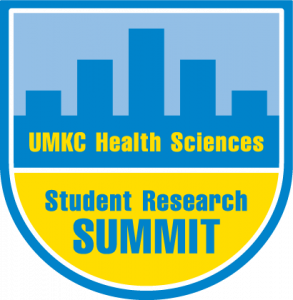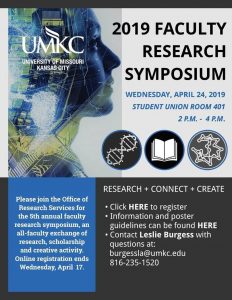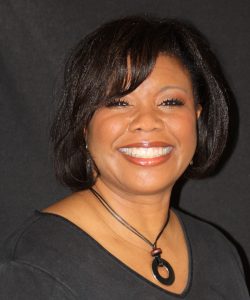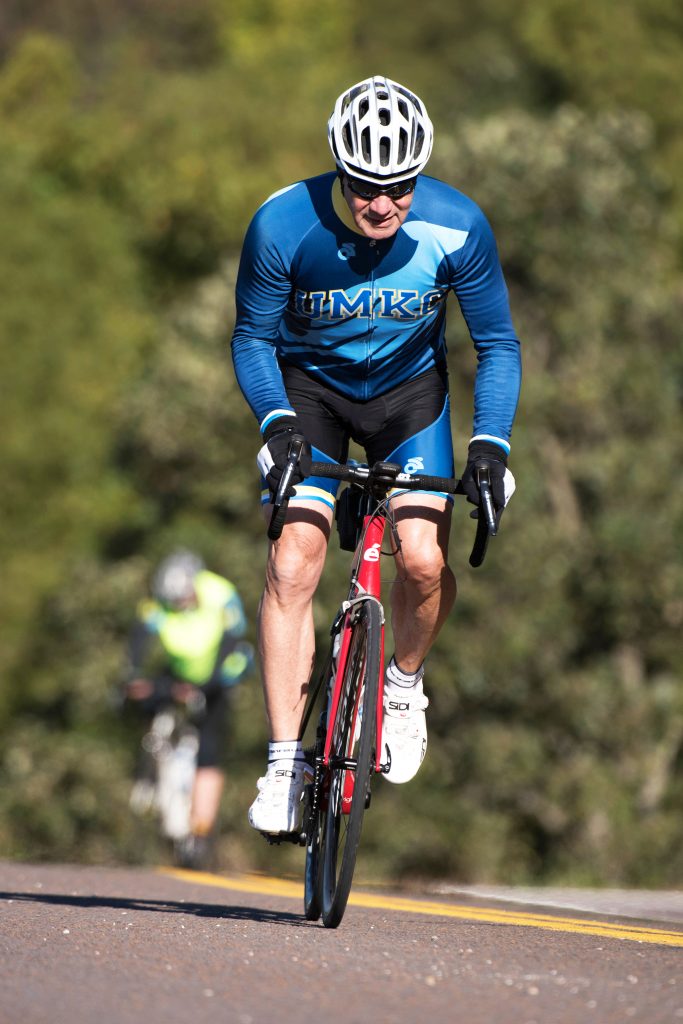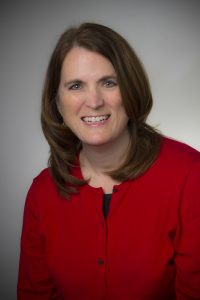
The UMKC History Department is pleased to announce that the Center for Midwestern Studies, under the directorship of Diane Mutti Burke, has been awarded a $170,000 Landmarks of American History and Culture Grant from the National Endowment for the Humanities. The Landmarks program funds “workshops for K-12 educators that enhance and strengthen humanities teaching.” The NEH Landmark’s program funded 16 workshops throughout the nation.
Educators from throughout the nation will travel to UMKC in Summer 2020 to attend a week-long workshop called Wide-Open Town: Kansas City during the Jazz Age and Great Depression. Guided by a team of historians and museum professionals, the Wide-Open Town teachers will gain a deeper understanding of the important role that Kansas City played in the transformation of America in the decades between the two world wars. The teachers, who will be selected through a competitive application process, will visit museums and cultural institutions, including the National WWI Museum, the Truman Library and Museum, the Nelson-Atkins Museum of Art, the Thomas Hart Benton State Historic Site, the 18th and Vine Historic District, the Country Club Plaza, and the Guadalupe Centers that illuminate this history.
At the crossroads of American transportation networks and cultural norms, Kansas City in the 1920s and 1930s typified broad trends in American history. The decades bounded by the world wars were marked by intense political, social, and economic change as the United States reluctantly took its place on the world stage while simultaneously struggling with significant challenges at home. The upheaval of World War I, the massive migration of people of color into urban America, the entrance of women into both the labor force and electoral politics, resistance to Prohibition and changing social mores, and an economic collapse and near revolution in national politics all redefined the national character. Understanding how these changes influenced Kansas City—and how the city responded—reveals how citizens of the age adapted to the rise of modern America. Original research produced for an UMKC Office of Research Services-funded public symposium and published scholarly volume that focused on Pendergast Era Kansas City will serve as the intellectual foundation of the project.
Building upon the success of a previous workshop that focused on Missouri-Kansas region in the Civil War, the Wide-Open Town workshop will mark the sixth time that UMKC’s Center for Midwestern Studies has hosted a Landmarks of American History and Culture teacher program. Program director Diane Mutti Burke believes the NEH’s support for this new program reflects both the agency’s confidence in the UMKC team to deliver an excellence educational experience for the teachers and an acknowledgement of Kansas City’s important role in US History. “My colleagues and I believe that understanding this city’s history is crucial to understanding the history of the early 20th century United States. We are excited to share this important history and the city’s wonderful historical landmarks with primary and secondary school educators from throughout the nation.”
For more information, please contact Diane Mutti Burke at muttiburked@umkc.edu


